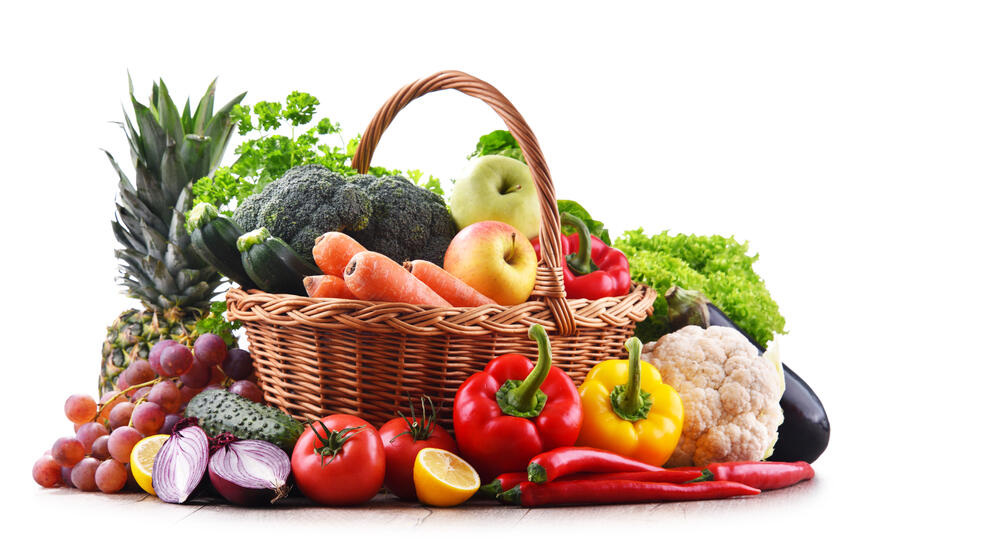The Easter fast that will last for seven weeks has begun. It is normally the longest fast of the year, so the choice and way of eating is very important for health during this period, due to a different diet.
Who can and who can't fast - from the point of view of medicine
We should not forget that viruses are still at their strongest and that the body needs food that will provide it with strong immunity, with plenty of vitamins, especially vitamin C. How to preserve good health and the immune system during fasting, she explained to RTS nutritionist Marija Rapajić.
She pointed out that from a medical point of view, patients with diabetes mellitus, cardiovascular patients and patients with kidney failure should not fast.
Fasting is recommended for gout, because the amount of protein per kilogram of body weight is reduced. It is necessary to seek the advice of a doctor so that the diet is balanced, especially in patients with kidney failure.
How to fast
"We need to prepare meals for three or four days in advance and they should be balanced. We should have whole grain cereals, tonus bread, pumpkin and flax seeds, balanced vegetables. You should avoid cooking peas and carrots.

This fast is very strict because it is fasted on water. We're hungry because we've learned to rely on fat and protein and that's what keeps us full. That is why it is important to make hummus, a vegetable protein, which we will season with garlic, nuts, and olive oil. No fish is allowed in this post," said the nutritionist for RTS.
Fasting is not a diet
"We need to fast to clear our thoughts and, if we are religious, to refrain from wrongdoing. There are other ways to detox," said the nutritionist.
The benefits of fasting
"The positive effects of fasting are visible after the third week, we are calm in the soul, we have cleansed the body of unhealthy food. During fasting, we can gain weight and increase triglycerides and cholesterol, because we do not have time to prepare food in advance. Then we stop by the bakery and take in trans fats and unsaturated fatty acids that build up on the blood vessels, and that's the problem."
"If we adhere to the correct regime - cereals in the morning, vegetables in the afternoon, fruit as a snack and hummus during the day, after three weeks the result is visible", emphasized nutritionist Marija Rapajić.
Bonus video:





